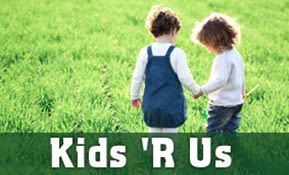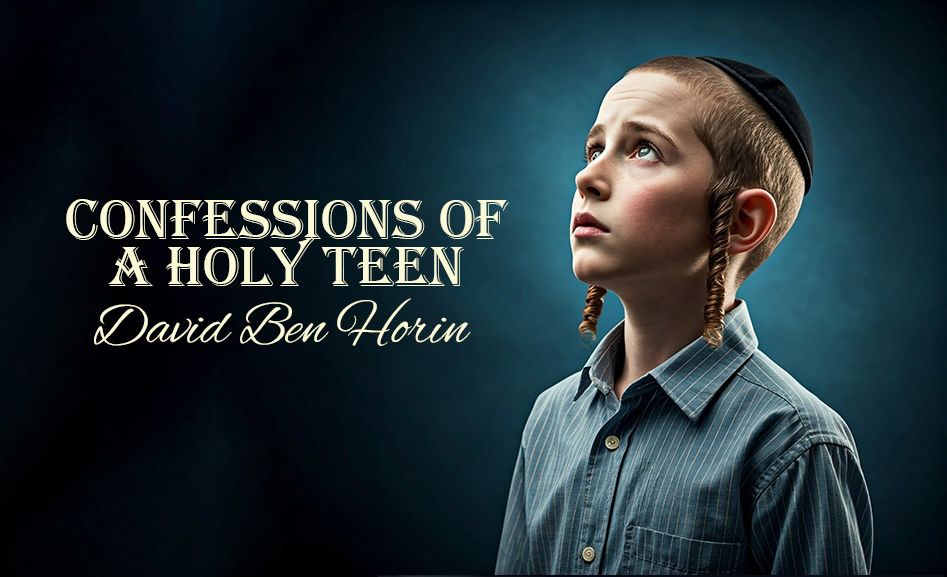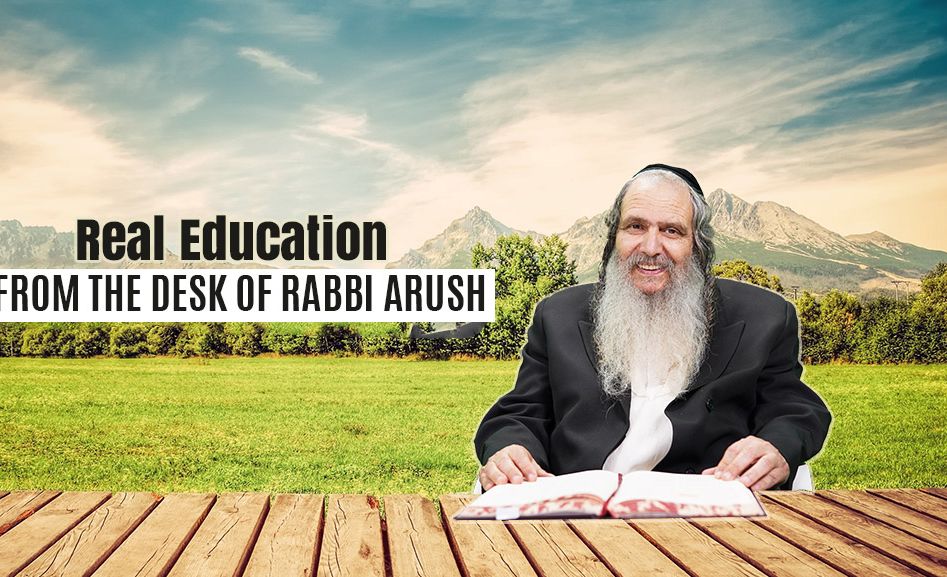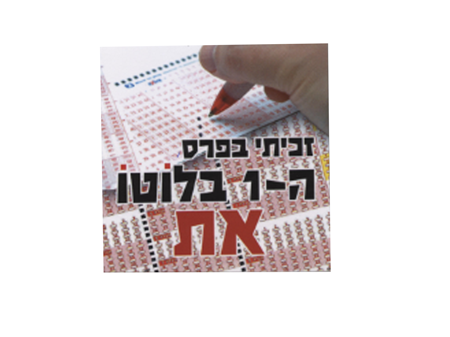
So Long, Folks!
Quentin and Florenece receive a letter from their married daughter right after Rosh Hashana; she wants to sever all contact with them. They ask, is this called honoring parents?

Dear Rabbi Brody,
What is the Torah’s advice to a parent whose child has suddenly decided that he/she doesn’t want to be in contact any more? The child has decided that the parent has done various things deemed abusive in the past and that the parents need to look into their souls. This is happening out of the blue and what is more has been done by email. And to make matters worse, the child who is married and professes to live an Orthodox Jewish lifestyle, has made this decision right after Rosh Hashanah. Is this the way to start the  New Year, by breaking the Ten Commandments? We’re not religious, but we do live a highly ethical lifestyle. We love our child but don’t know how to proceed to maintain contact with him/her and our grandchildren. Please advise. With appreciation for your kind attention, Quentin and Florence from the UK
New Year, by breaking the Ten Commandments? We’re not religious, but we do live a highly ethical lifestyle. We love our child but don’t know how to proceed to maintain contact with him/her and our grandchildren. Please advise. With appreciation for your kind attention, Quentin and Florence from the UK
Dear Quentin and Florence,
First of all, I’m terribly sorry about the soured relations between you and and your child. But, when a gear is not working properly, it’s better to disengage the two enmeshed gear wheels rather than break the gear altogether. If this is happening, it’s all for the best and a chance to repair. Had this not happened, no one would change; our mission in this world is to constantly improve ourselves, so let’s start off by looking at this rift as a growth opportunity and a chance to build healthy parent-child relations.
In order to attain a productive and deeper understanding of what’s happening to you, please take notice of three spiritual facts and how they apply to you in this particular instance:
1. Everything comes from Hashem– rather than harboring malice or resentment at your child, focus on Hashem. Your child did not initiate the break in relations, Hashem did. This is critically important if you truly desire to mend family fences. I strongly urge you both to read The Garden of Emuna as well, which elaborates on this principle in greater detail.
2. Hashem runs the world measure for measure– as in physics, our actions create a corresponding reaction. For example, Hashem judges us in the same way that we judge others. Hashem speaks to us in a language we can understand. So, if our children are not properly respecting us, then we most surely have been lacking in our respect for Hashem. Rather than being upset with the agent of Hashem’s message – which is both futile and counterproductive – we’d best be advised to strengthen our weak areas, such as talking in the synagogue and failing to respect the Torah’s commandments, both of which amount to serious disrespect of Hashem.
3. There are no tribulations with prior transgression – tribulations are not random or happenstance; they are part of Hashem’s precision individual Divine Providence.
As to the specifics of your letter, you say that your married child wrote you “out of the blue.” In other words, you want me to believe that your child has made a rash, sudden, and unjustified exit from your lives. I cannot believe this. Nothing is dearer to a child – even a grownup child – than the sweet nostalgia of Mommy and Daddy’s home. A child does not cast away relations with a parent for no reason. And abuse, whether physical or emotional, is not what the aggressor defines but what the victim defines. If your child feels abused, then you surely caused him/her pain. You don’t own your child. You must therefore seek his/her forgiveness just as if you harmed a stranger.
I sense much resentment and indignation in your letter. You say that your child “professes to live an Orthodox Jewish lifestyle,” and although you don’t, you profess to be “highly ethical”. This in itself shows that you continue to be judgmental and critical of your child, and far away from any measure of self-assessment. You also claim to be authoritative on Torah, for you’ve decided that your child has broken the Ten Commandments. Rashi notes that honoring parents ins the 5th commandment, but honoring the Sabbath is the 4th commandment. You seem to be exacting in demanding respect for yourselves, but do you respect Hashem? Does your “highly ethical lifestyle” include respecting The Almighty’s ever-so-important command of observing the Sabbath? Or, do you live by a double standard? Double standards, in my humble opinion – especially when parents make demands of their children that they themselves don’t fulfill – is grossly unethical.
As for the Torah, the Torah does not require a child to become ill – physically or emotionally – by honoring and maintaining contact with parents. Even if a parent never laid his/her hand on the child, constant criticism and disparagement destroys a child’s soul and his/her joy of life. Every experienced rabbinical authority I know will therefore advise an abused adult “child” to discontinue subjecting him/herself to abuse so that he/she can begin a new and healthy life.
Therefore, if you truly desire a healthy and lasting relationship with your offspring, try developing a healthy and lasting relationship with your Father in Heaven. When you return to Him in truth, and make amends for the anguish you caused to that precious soul He entrusted in your safekeeping, then your child and his/her family will return to you. If you remain intransigent and indignant, then you’ll just perpetuate your suffering in this world and in the next.
I truly hope that you’ll build a new and healthy relationship with your child. If you take my advice to heart, I guarantee that you will. May you have a wonderful New Year 5773, LB










9/30/2012
abusive parents thank you for a well-written response. i am a product of an emotionally abusive parent and it has taken me years to get to a better place mentally and emotionally. chag sameach
9/30/2012
thank you for a well-written response. i am a product of an emotionally abusive parent and it has taken me years to get to a better place mentally and emotionally. chag sameach